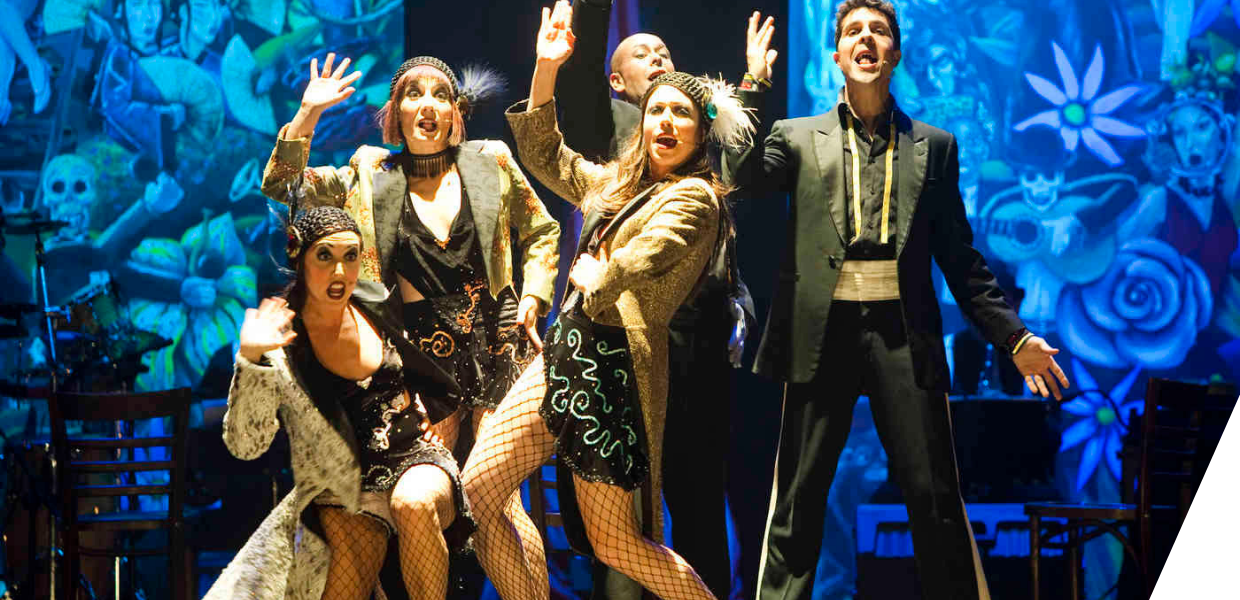Why is the topic of participation important to the digital cultural heritage sector?
Cultural heritage institutions want people to participate in or be engaged with their collections - I hope and believe this. But it can be hard for institutions, because at the most fundamental level, they’re established to protect and conserve - art, archives, manuscripts, books, and so on. And, most of the 20th century wasn't about participation, it was about collecting and protecting. That’s why they invented copyright.
But the 21st century is about participation, about opening up, and if what we’ve always been doing is preserving and conserving and protecting, then that can be, if not scary, then at least, challenging. Implicit in protecting is ‘against’ and implicit in participating is ‘with’. It’s 2021 and with the pandemic and climate crisis, only preserving and protecting isn’t a long-term play.
Why else? We know it’s not wise right now to get on a plane and go to India to see the Taj Mahal. Right now, it’s not a good idea - for a COVID and a climate reason. We are all responsible for ourselves, for each other and for this planet, so maybe we have to respect that there are some crucially important cultural places or things that may be temporarily unavailable to us, and that’s where participating digitally comes in: it’s a complementary experience that’s available 24/7.
What activities is Europeana undertaking in this area?
We love exploring new ways to encourage participation and that’s the topic of an online conference we’re running this Thursday 2 December as an accompanying event of the Slovenian Presidency. We’ll dive into how cultural institutions are addressing the sustainability of digital participation and engaging communities online with digital cultural heritage - from cool transcribathons to getting the next generation involved with our education outreach efforts.
One great initiative - and it’s on the agenda for the conference as I just mentioned - is our transcribathon initiative, which contributes to a really nice virtuous circle of improving metadata and improving participation. If we have good metadata, people can find the things they’re looking for and use it - they can participate or be engaged with it. So if we can get our audiences improving that metadata, then we insert participation itself into that virtuous circle. It then becomes a continuous cycle of encouraging people to use and interact with the material, adding value as they go.
If you have an image of a document, that’s useful to a point. But if somebody is willing to go through and look at it and type out the content, then you have so much more insight into what’s in that document and your archive becomes a lot richer. It’s more accessible and you can translate it, search it, copy it and use it.
A huge project that’s still alive and started several years ago, Europeana 1914-1918, also had a participatory element of a user-generated content campaign. So material contributed by the public about World War One and that whole period became part of our online collection.. The idea that there’s stuff in my house that I got from my grandparents that I could add to the collective knowledge about the world, via Europeana, is really cool.
Who do you look to for best practice and inspiration in this area?
Wikipedia really changed how I think about knowledge and how we participate in sharing it. When Wikipedia formed, I was working in market research and we had proprietary tools to do the analysis of data, and it was really important to keep them proprietary. Then Wikipedia came along and it was ground-breaking. I’m not going to pretend capitalism isn’t still writ large, but some people figured out that the more we share, the stronger we are. So that’s a best practice example for me.
And honestly, I learn so much by scrolling through Twitter. I’m fascinated by the analysis people do there, seemingly on the spur of the moment, it gives me so much inspiration. I think the digital world opened us up to how much wisdom there really is in people.
Pier-Luigi Sacco’s keynote speech at Europeana 2021 blew me away. He talked about how we’ve become more isolated, and that’s not the way forward for our species. His comments about the democratisation of digital culture were really important.
How can people improve their own participation practices?
It depends on where people are on their own path of encouraging participation. So, first, it means figuring out where you are on your path and where you want to go next. And remember it’s not necessarily linear, you can go in several different directions, while still committing to learning more.
Where we can help is building your capacity to improve participation, starting with your digital collections. Tell us what support you need, whether that’s examples or how-to guides. Another good start is by committing to learn more at the Europeana conference this Thursday!



